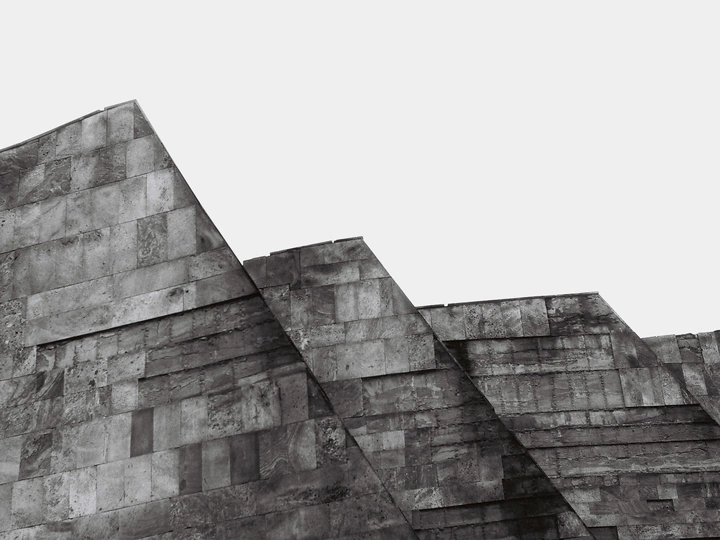Metaform: Critical Analysis of Georgian Arch.

Salome Gugunava
Nodar Kvanchiani
Nutsa Lomsadze
Nodar Kvanchiani is an architect, urban designer, and researcher from Georgia. He received his Master's in Architectural Design from Politecnico di Milano and earned a bachelor's degree in Architecture at Georgian Technical University. Nodar joins the Architectural Association, School of Architecture, London, to study a postgraduate programme - History and Critical Thinking in Architecture in September 2023.
During his career, Nodar was nominated and featured for numerous international awards, research platforms and competitions, including the Young Talent Architecture Award 2020 for his Master's thesis project, Tbilisi Architecture Biennial 2020 for research - Metaform, as well as ArchiAward 2022, TerraViva Competitions, Premio Neolaureati Milano, and others.
Nodar is a part-time Invited Lecturer at The University of Georgia, leading an undergraduate course - Basics of Urban Planning. He co-founded the design studio - Altertopos and the research platform - Metaform. In 2020, with the Metaform team, Nodar curated an international research, workshop, lecture series and exhibition named Critical Analysis of Georgian Architecture and published a book exploring the influence and significance of Georgian modernism.
Inspired by mediums such as art, comparative philosophy, literature, and quantum physics, Nodar continuously expands his practice and research in architectural tectonics, proportions, and abstraction to create complex design objects and contribute to forming better urban environments.
Immense intellect is encoded in architectural projects from the past centuries. They require continuous analytical reading and reinterpretation, which gives birth to innovation.
As T.S Eliot explains in his essay Tradition and the Individual Talent (1919), one can not inherit tradition; if a person wants to have it, he must have a historical sense which involves a perception not only of the pastness of the past but of its presence; making a person conscious of her contemporaneity.
The research Metaform: Critical Analysis of Georgian Architecture, including an international workshop, eleven public lectures, two exhibitions and publications, was elaborated from 2020-2022.
The workshop was held in Oct. 2020 in the frame of the Tbilisi Architecture Biennial. We aimed to rediscover the encoded intelligence in Georgian modernist architecture through semantic and critical analysis.The International workshop focused on Tbilisi as a cultural field covered by architectural artefacts formed from continuous fusion with European, Asian, and Socialist architecture.
Through formal analysis, nine architectural monuments from socialist modernism have been examined in terms of architectural characteristics: composition, proportion, semiotic meanings, historical context and specific minor histories. As a result, various significant analytic drawings, schemes, and diagrams have been created by groups of international and local students, allowing uncovering of encoded information and establishing new vocabulary in the discipline. The research was enhanced by lectures and discussion series by internationally and locally recognised scholars, artists and architects, such as Peter Eisenman, Pier Paolo Tamburelli, Lorenzo Degli Esposti and others.
This process allowed us to learn from the signs of the past and encourage the formation of shared professional intelligence to answer the question of "what we have in common" on the timeless cultural field on the local and global scales.